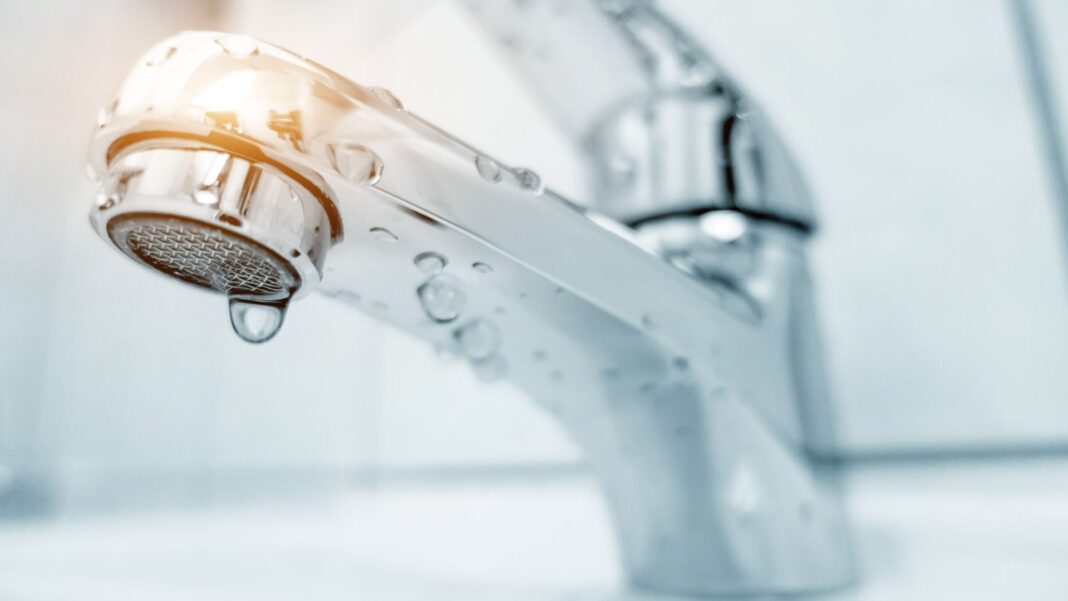Low water pressure can be a persistent issue in homes across Houston, affecting various appliances, including dishwashers. In this article, we will delve into the common causes of low water pressure in Houston and explore solutions, with a specific focus on dishwasher pump replacement. Whether you’re experiencing frustratingly low water pressure or contemplating dishwasher repairs, read on to find valuable insights and solutions.
Understanding Low Water Pressure in Houston:
Low water pressure is a common problem faced by many homeowners in Houston. It can be attributed to several factors, some of which are region-specific. Houston’s unique geological and environmental conditions contribute to low water pressure issues. Here are some key factors contributing to low water pressure in the area:
- Aging Infrastructure:
Many parts of Houston have aging water supply infrastructure that can lead to reduced water pressure. Cracks, leaks, and corrosion in pipes can restrict the flow of water to homes.
- Elevation and Water Pressure:
Houston’s relatively flat topography can affect water pressure. Homes at higher elevations may experience lower water pressure compared to those closer to the water source.
- Municipal Water Supply:
The supply of water from the city’s municipal water system can vary based on demand and maintenance. High demand periods or maintenance work can temporarily reduce water pressure in certain areas.
- Water Conservation Measures:
In response to drought conditions, Houston has implemented water conservation measures that may limit the flow of water, impacting water pressure in some cases.
Dishwasher Pump and Its Role:
Dishwashers rely on adequate water pressure to function effectively. The dishwasher pump plays a crucial role in maintaining water pressure and circulation within the appliance. When low water pressure is a recurring issue, it can adversely affect your dishwasher’s performance. Here’s how the dishwasher pump operates and why it’s essential:
- Water Intake:
The dishwasher pump is responsible for drawing water from the supply line into the dishwasher. If water pressure is low, the pump struggles to provide a sufficient amount of water, leading to inadequate cleaning.
- Water Circulation:
Once inside the dishwasher, the pump circulates water through spray arms, ensuring dishes are thoroughly cleaned. Low water pressure can result in weak spray, leaving behind residues on dishes.
- Drainage:
After the wash cycle, the pump is responsible for draining the dirty water from the dishwasher. Low water pressure can hinder this process, causing drainage issues.
Dishwasher Pump Replacement in Houston
When low water pressure persists and negatively impacts your dishwasher’s performance, it may be time to consider dishwasher pump replacement. Here are the essential steps and considerations:
- Diagnosing the Issue:
Before replacing the dishwasher pump, it’s crucial to identify the root cause of the low water pressure problem. It could be related to the dishwasher itself, plumbing issues, or municipal water supply problems. Consulting a professional appliance repair technician is advisable.
- Professional Assessment:
A certified technician can assess the condition of your dishwasher and determine whether the pump is the culprit. They will also inspect the plumbing and water supply to rule out other potential causes of low water pressure.
- Choosing the Right Pump:
If the dishwasher pump is indeed the problem, the next step is selecting a suitable replacement. Dishwasher pumps come in various types, so it’s essential to choose one that matches your dishwasher’s make and model. Your technician can assist in sourcing the correct replacement part.
- Professional Installation:
Dishwasher pump replacement is a complex task that requires specialized knowledge and tools. It’s highly recommended to have a professional technician perform the installation to ensure it’s done correctly and safely.
- Testing and Verification:
After the replacement, the technician will test the dishwasher to ensure that the new pump has resolved the low water pressure issue. This step is crucial in confirming the effectiveness of the repair.
Preventing Low Water Pressure Recurrence
To prevent low water pressure from recurring in your dishwasher, consider the following measures:
- Regular Maintenance:
Schedule regular maintenance for your dishwasher to detect and address potential issues before they become significant problems.
- Plumbing Inspection:
Periodically inspect your home’s plumbing system for leaks, blockages, or corroded pipes that could contribute to low water pressure.
- Communication with Municipal Authorities:
Stay informed about any water supply maintenance or restrictions imposed by local authorities. This can help you anticipate and mitigate low water pressure issues.
- Water Conservation:
Adopt water-saving practices in your household, such as fixing leaky faucets and using water-efficient appliances, to ease the strain on the water supply system.
Conclusion
Low water pressure in Houston is a prevalent issue with various contributing factors, including aging infrastructure and regional topography. When low water pressure affects your dishwasher’s performance, addressing the issue promptly through dishwasher pump replacement is essential. Consulting a professional technician ensures the correct diagnosis and installation, ultimately restoring your dishwasher’s efficiency. By taking preventative measures and staying informed about local water supply conditions, you can mitigate the recurrence of low water pressure issues, enhancing your overall household functionality.


















